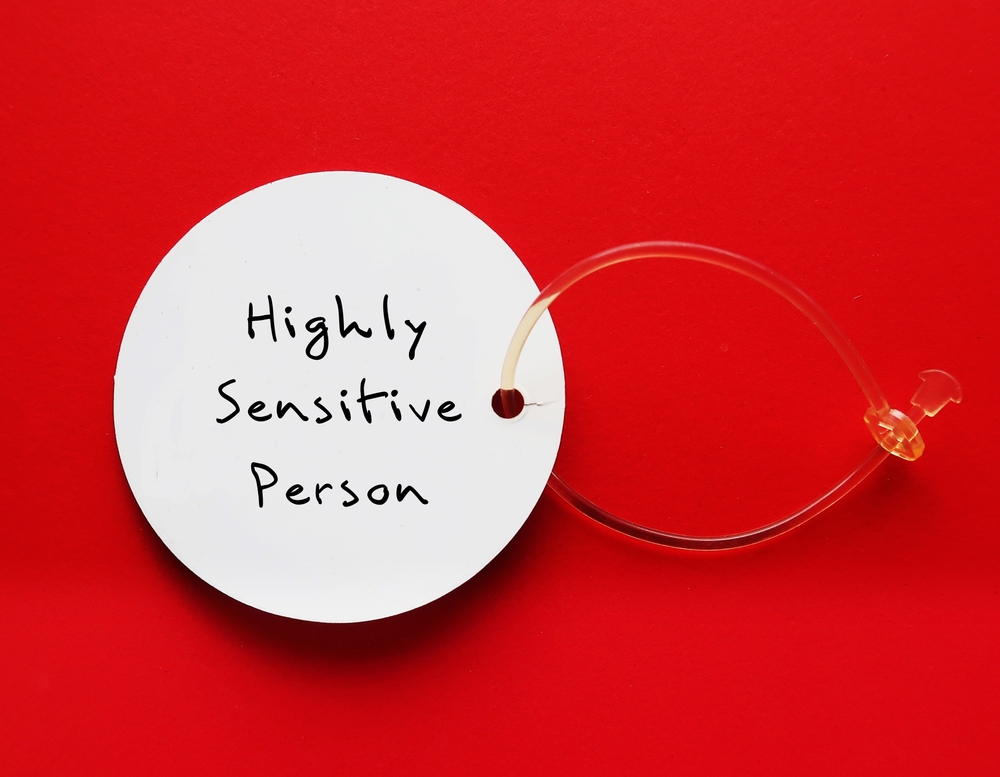Dementia is a progressive condition that affects cognitive function, including memory, thinking, and behavior. While aging is the most significant risk factor for developing dementia, recent research suggests that certain personality traits may also play a role in predicting one’s risk for dementia. In a study supported by the National Institute on Aging (NIA), several specific personality traits were found to be associated with an increased risk of dementia. Understanding these personality traits and their impact on dementia risk is crucial for developing preventive measures and interventions.
Understanding Dementia

Dementia is a broad category of brain diseases that cause a gradual decrease in the ability to remember, think, and reason. The most common type of dementia is Alzheimer’s disease, but there are several other varieties, each with its own unique causes and symptoms. While there is no cure for most types of dementia, early diagnosis and management can help improve the quality of life for individuals affected by the condition. (1)
Read More: This Surprising Symptom Can Predict Dementia Up to 12 Years in Advance, Study Says
The Personality Traits Associated with Dementia

The NIA-funded study found that several personality traits were associated with an increased risk of dementia. These traits include neuroticism, low conscientiousness, and negative affect, while conscientiousness, extraversion, and positive affect were associated with a lower risk of developing dementia. (2)
“We found that a person’s personality traits are not related to whether (or not) they develop the physical pathology that is characteristic of [Alzheimer’s Disease Related Dementias] (ADRD), but that it is related to those clinical manifestations and diagnostic risk,” explained Dr. Emorie Beck, lead author of the study. “This is good news. Even if we can’t necessarily prevent the disease itself, we can possibly mitigate the clinical signs of disease and reduce our odds of cognitive impairment.” (3)
The following is what they discovered about personality traits and their connection to dementia:
1. Neuroticism

Individuals with higher levels of neuroticism, characterized by emotional instability, anxiety, and a tendency to experience negative emotions, were found to be at an increased risk of developing dementia. Chronic stress and negative emotions associated with neuroticism may contribute to the development of dementia over time.
2. Low Conscientiousness

Low conscientiousness, which involves a lack of organization, self-discipline, and goal-directed behavior, was also linked to a higher risk of dementia. This may be due to poor self-care practices and a lack of engagement in activities that promote cognitive and brain health.
Read More: 7 Signs That Death May Be Near in Someone With Dementia
3. Negative Affect

People with a generally negative affect, characterized by a pessimistic outlook and a tendency to experience negative emotions, were found to be at a greater risk of dementia. The impact of chronic negative emotions on brain health and cognitive function may contribute to the development of dementia.
4. Conscientiousness, extraversion, and positive affect

On the other hand, the study found that conscientiousness, extraversion, and positive affect were associated with a lower risk of dementia. These traits are often associated with proactive health behaviors, social engagement, and a positive outlook on life, which may contribute to better brain health and cognitive resilience.
What You Can Do to Prevent Dementia

While certain personality traits may predispose individuals to a higher risk of dementia, there are proactive steps that individuals can take to potentially reduce their risk. Engaging in regular physical activity, maintaining a balanced and nutritious diet, engaging in cognitive-stimulating activities, and fostering strong social connections are all associated with a reduced risk of dementia. Additionally, managing stress, practicing mindfulness, and seeking treatment for mental health conditions may also contribute to better overall brain health and resilience.
The Bottom Line

The link between personality traits and the risk of developing dementia is an important area of research that provides valuable insights into potential risk factors for the condition. While more research is needed to fully understand the mechanisms underlying this association, the findings suggest that promoting positive lifestyle behaviors and addressing negative personality traits may have the potential to reduce the risk of dementia. By raising awareness of these relationships, individuals and healthcare providers can work together to develop targeted interventions and strategies to support brain health and potentially reduce the risk of developing dementia.
Read More: New Study: Blood Test Can Predict Dementia 10 Years Before Official Diagnosis
Sources
- “What Is Dementia?” ALZ
- “Can personality traits predict dementia?.” NIH. March 28, 2024.
- “What personality traits are associated with lower dementia risk? Study offers new evidence.” Medical News Today. Robby Berman. December 5, 2023.

